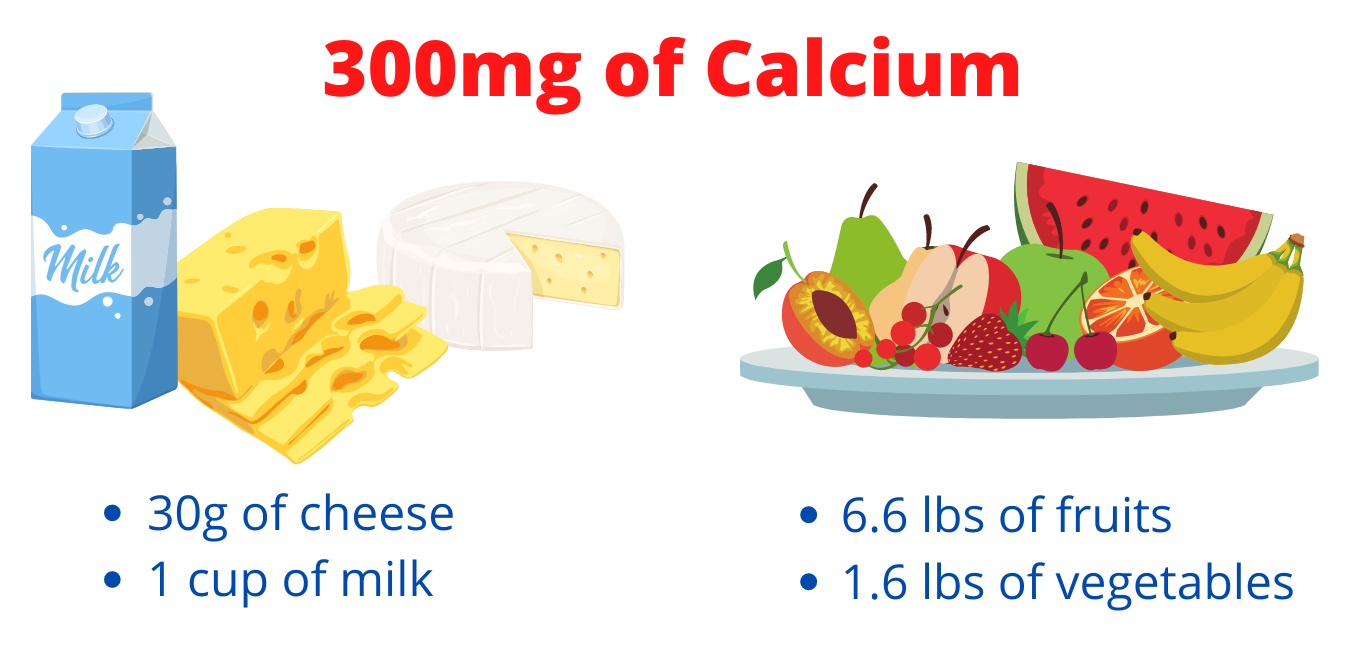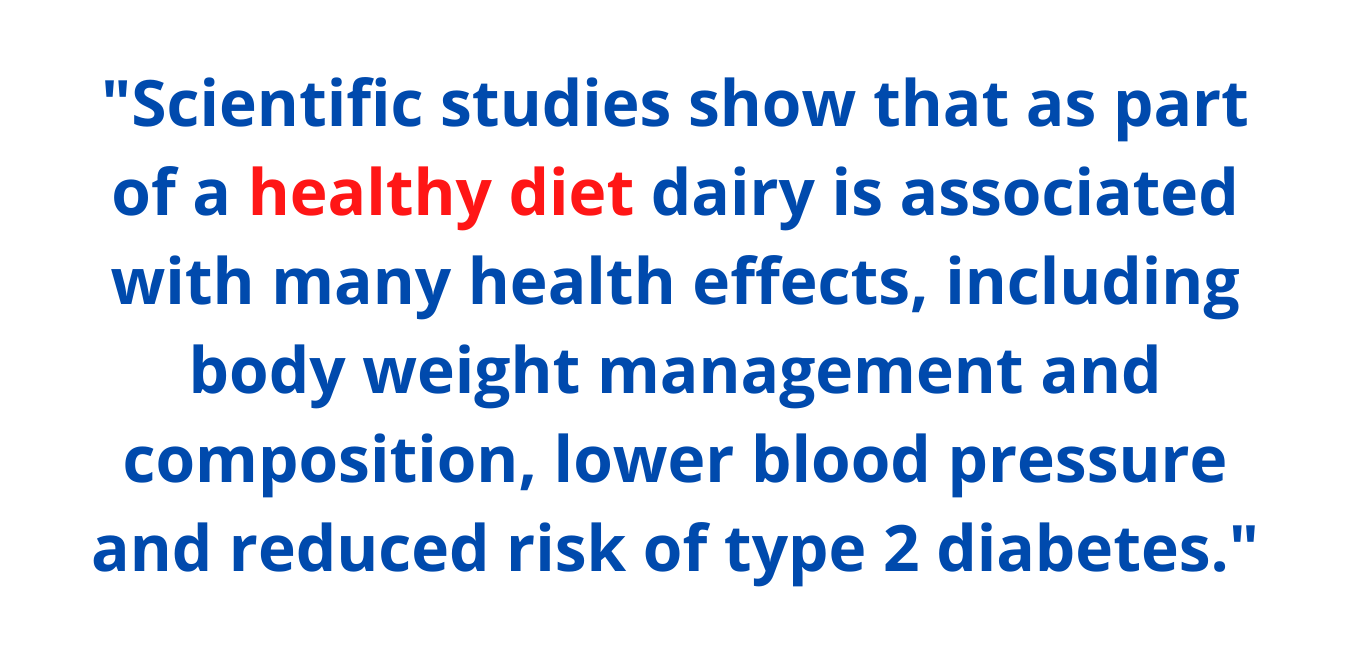|
|
Dairy Benefits
- Milk and dairy products are an important part of the dietary guidelines and recommendations.
- A natural source of quality protein, as well as essential vitamins B2, B12 and minerals such as calcium, phosphorus and iodine.
- Contains small amounts of vitamin A, niacin, folate, vitamin B6, vitamin D, magnesium, selenium and zinc.
- Calcium from dairy is in more easily absorbed by the human body than from plant origins.

Introduction
Dairy products of all sorts have been recognized historicaly as integral foods for human consumption. The dairy sector has made continuous advancement over the years and these products are certainly a beneficial source of key nutrients including high quality protein, energy, and many essential minerals and vitamins. While there has been a perception that a food containing saturated fat is unlikely to be beneficial to health recent estimates indicate that close to 30% of individuals dietary intake of saturated fat comes from dairy products with cheese being the major source. Recently, evidence has accumulated expressing how the composition and quantities of dietary fat are actually important in determining the relative risk to diseases such as heart disease and cancer. Milk-derived fat may offer significant health benefits compared with some common sources of dietary fats! It is also worth recognizes that individuals consuming dairy fats do not just consume saturated fat, but rather an array of complex and beneficial ingredients.

Challenging Assumptions
A meta-analysis that examined the associations between dairy products and health showed convincing evidence that increasing your intake of dairy can provide long-term reductions in the risk of heart disease. In the study the relative risk of stroke and heart disease in subjects with high dairy consumption was 0.79 and 0.84, respectively, relative to the risk in those with low consumption. This means that subjects with higher dairy consumption levels had a 16% reduction in risk of developing stroke and heart disease. Calcium plays an important role in mediating vascular contraction and vasodilatation, muscle contraction, nerve transmission and glandular secretion. The results provide evidence that those who consume large quantities of milk are at no greater risk of heart disease than those who consume little. Indeed, there appears to be a small but valuable reduction in risk of heart disease from increased consumption. It is suggested that despite milk fat being rich in saturated fat, the product has other benficial properties in respect to avoiding heart disease.

Conclusion
High quality protein and calcium are integral for normal growth and development of bones in children and adolescents, as well as, for the maintenance of bones later in life. Calcium is also important for the maintenance of healthy teeth, and proteins significantly contribute to the maintenance of muscle mass. During pregnancy and breast-feeding, many of the nutrients such as protein, phosphorous, magnesium, iodine, vitamin B12, vitamin B2 are required in larger amounts, and this can be found easily in dairy compared to other plant-based options. Scientific studies show that as part of a healthy diet dairy is associated with many health effects, including body weight management and composition, lower blood pressure and reduced risk of type 2 diabetes.
Resources:
Learn more about dairy nutrient levels
Milk, Dairy Products, Nutrition and Health
How Dairy Helps Individuals Through Life
Dairy And Type 2 Diabetes Prevention
Combate la diabetes, las enfermedades cardiacas y mucho más con los lácteos
Mitos y verdades de los alimentos lácteos
Learn about starting a dairy processing plant
Read the dairy processor handbook

